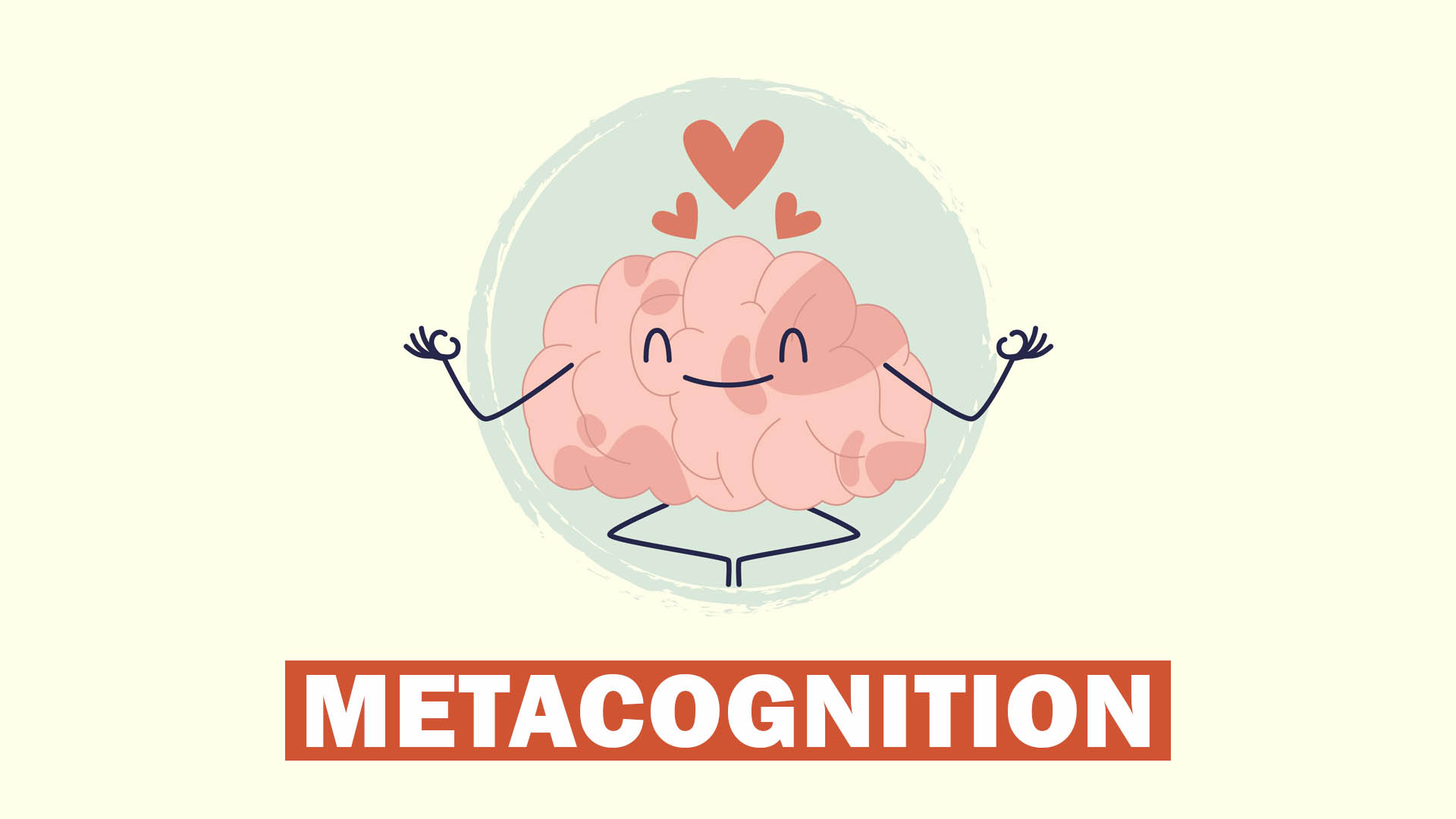Metacognition is a fascinating topic. In essence, it is easily understood as the art of ‘thinking about thinking.’ But in some respects, it’s more than that.
Within psychology, metacognition is defined in the following way:
“Higher-order thinking that enables understanding, analysis, and control of one’s cognitive processes, especially when engaged in learning.”
So, what does this mean in practice? How can it be applied to everyday life? Let’s take a look now.
What is metacognition?
Metacognition is becoming more and more popular in education settings and has been identified as a way of encouraging students to improve their learning by analyzing how they think and retaining control over their thought processes.
You might think this sounds a little abstract, and you would be right. It isn’t easy to get your head around if it’s a topic you’re not familiar with.
So, to make it easier to understand, we’ve broken it down into three subsections that will help you grasp the topic as a whole.
1. It’s about being able to analyze how you think about something critically.
To become an independent thinker, you must be able to look at a situation and challenge what you believe about it.
Having the mental strength to analyze your thoughts about a situation is an essential first step to metacognition.
2. Individuals can arrive at their solution to a problem.
The vast majority of tasks that a learner faces will be multi-layered. This means that there’s not always a simple solution to the problem they encounter.
Within metacognition, you can reflect on things that have worked in the past and apply learned logic to try and solve the problem they’re currently faced with.
3. Learners can control their thoughts.
If a learner has metacognitive capabilities, they can control what they think about a particular situation and develop an appropriate action that ensures they’re not overstimulated.
This always results in higher performance, as the learner has not taken on more they can manage and will be capable of delivering the task’s requirements.
As you can see, metacognition is the ability to have self-awareness to improve one’s situation in life. Learners who develop metacognitive skills tend to be more aware and more balanced and achieve more positive outcomes.
Although applied mainly in an educational setting, metacognition is undeniably relevant to many aspects of life, and it’s easy to understand why those with metacognitive tendencies succeed in many different capacities.


